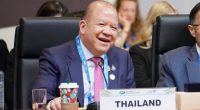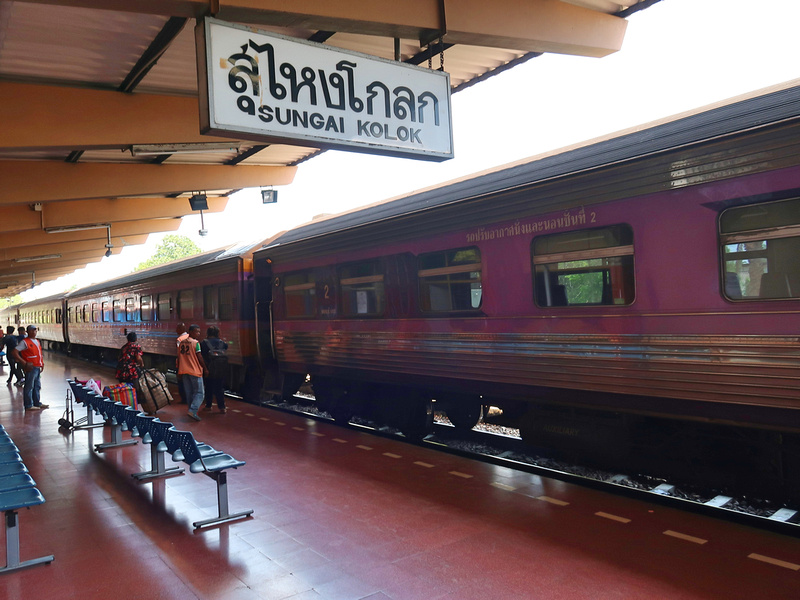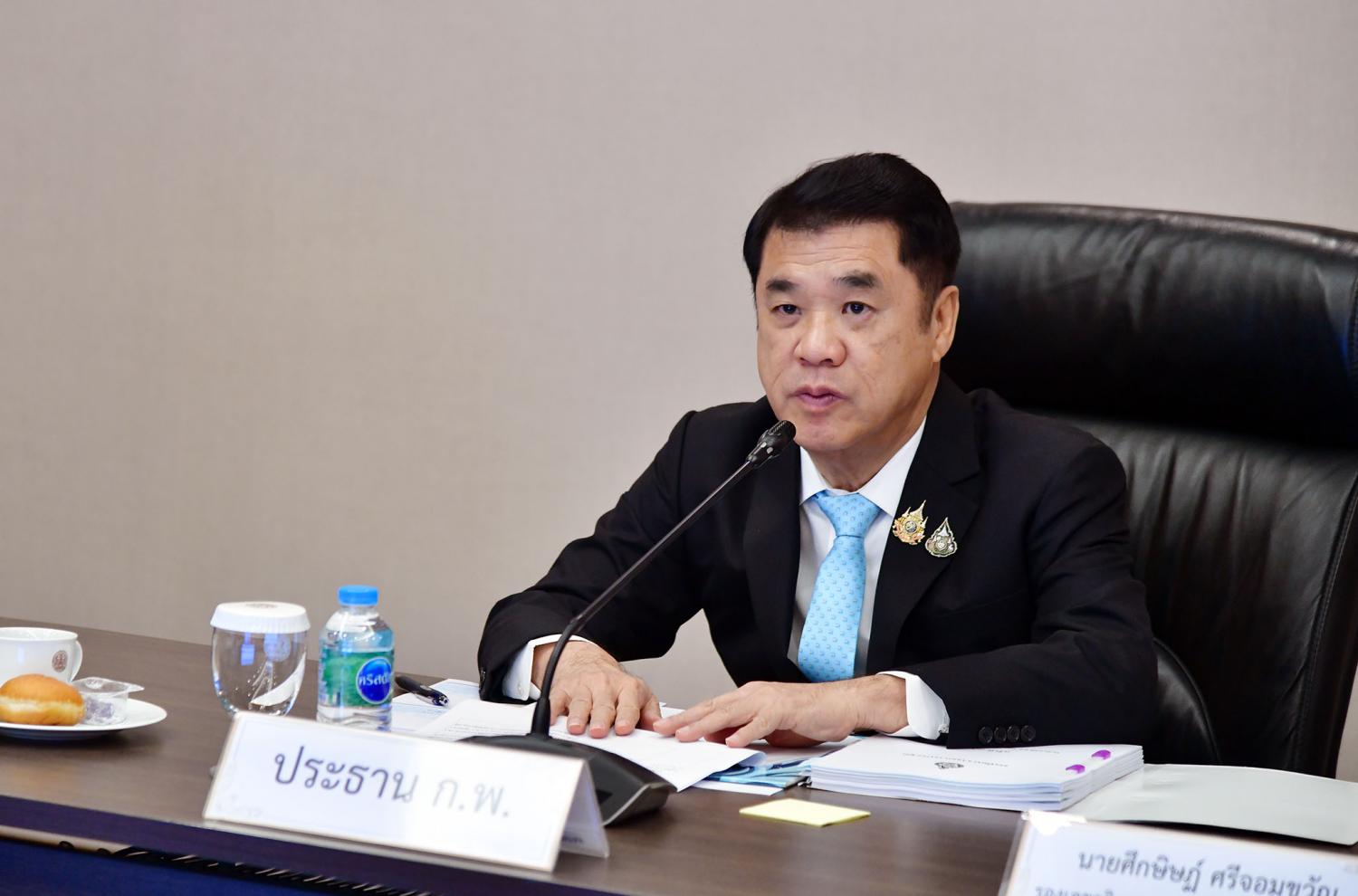The highly anticipated M81 Motorway, connecting Bang Yai in Nonthaburi to Kanchanaburi, will be open to motorists free of charge during the New Year holiday period, offering a smoother, cost-free travel experience.
Free Travel Dates and Accessibility
When and Where
The 96-kilometre M81 Motorway will be toll-free from December 26, 2023, to January 2, 2024, as announced by the Department of Highways. This move aims to reduce congestion and improve travel convenience during one of the busiest times of the year.
“This initiative is our New Year gift to the public and a step toward better regional connectivity,” said Apirat Chaiwongnoi, Director General of the Department of Highways.
Key Features of the M81 Motorway
Improved Travel Experience
- Six Key Checkpoints: Entry and exit points at Bang Yai, East Nakhon Pathom, West Nakhon Pathom, Tha Maka, Tha Mueang, and Kanchanaburi.
- Speed Limit: Maximum of 80 km/h for safe travel.
- Vehicle Restrictions: Open exclusively to four-wheel vehicles during the trial period.
Construction Progress
The motorway’s construction is 99% complete, with 66% of systems installed, ensuring the route is ready for efficient and safe travel, as reported by Bangkok Post.
Trial Success and Future Plans
Early Trials Show Promise
Since April 26, a 51-kilometre section of the M81 motorway (from West Nakhon Pathom to the Kanchanaburi checkpoint) has been open for weekend public trials. The trials have been extended recently, with the motorway available from 3 PM every Friday to noon on Monday since October 18.
Full Route Ahead of Schedule
Although the remaining section from Bang Yai to Nakhon Pathom was initially slated for completion by March 2024, the project has progressed ahead of schedule, allowing full access for the New Year period.
Strategic Impact of the M81 Motorway
Alleviating Holiday Traffic
The M81 motorway is expected to ease traffic congestion during the high-travel holiday season, providing a more streamlined route for commuters and holidaymakers.
Boosting Regional Connectivity
Connecting key districts, the motorway will significantly enhance transport efficiency between Nonthaburi and Kanchanaburi, fostering economic growth and improving accessibility in the region.
A Gift of Convenience for Thai Motorists
The free opening of the M81 Motorway is more than just a New Year gift—it’s a game-changer for regional travel in Thailand. With its strategic design, safety measures, and focus on connectivity, this initiative sets the stage for smoother travel experiences during the holidays and beyond.









